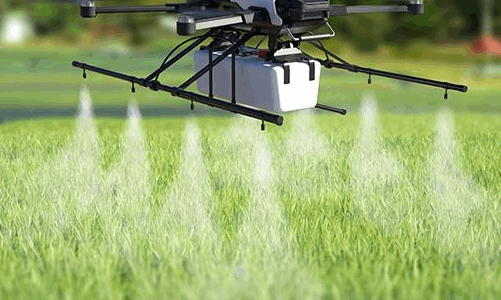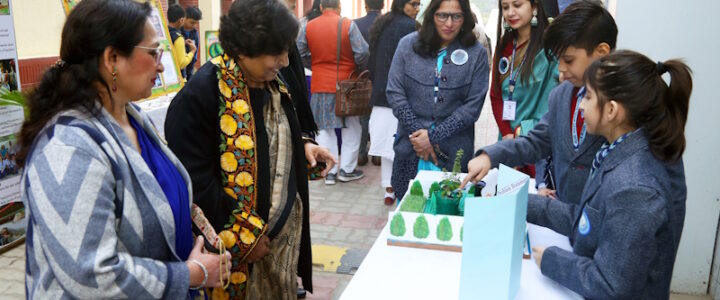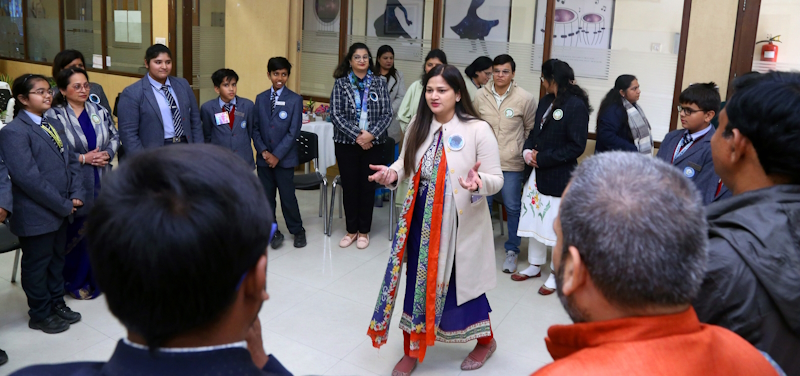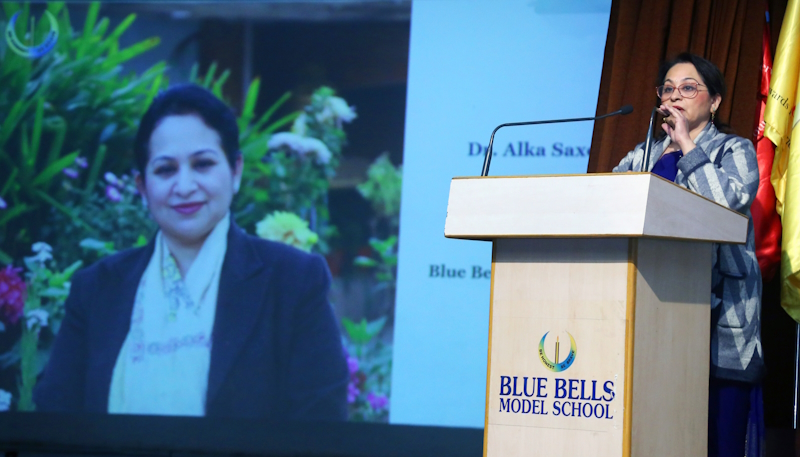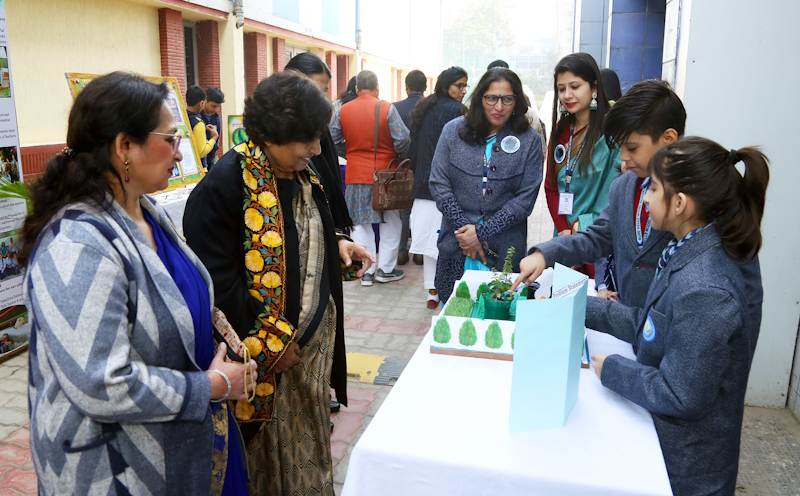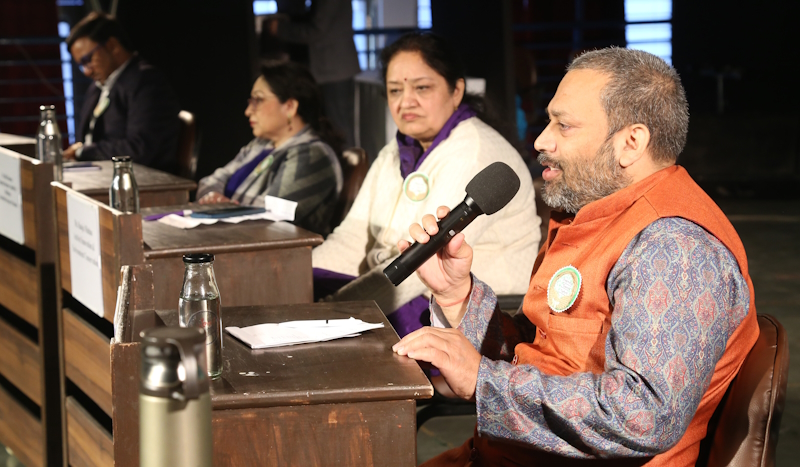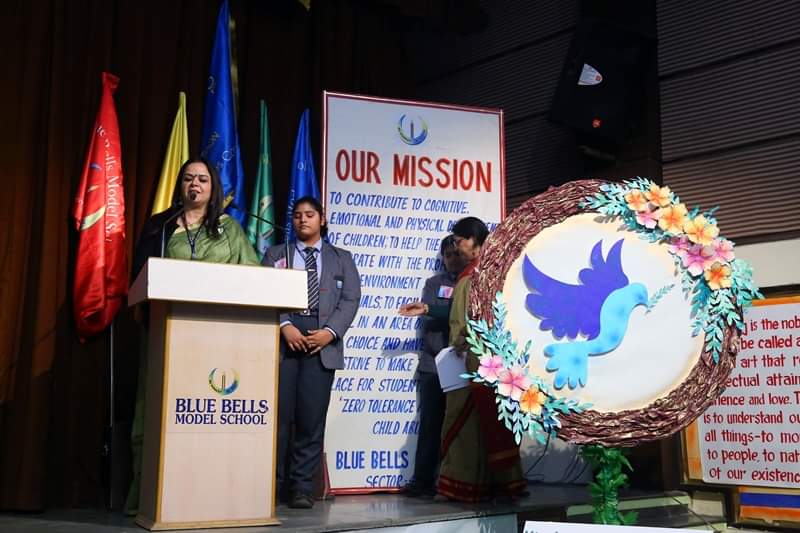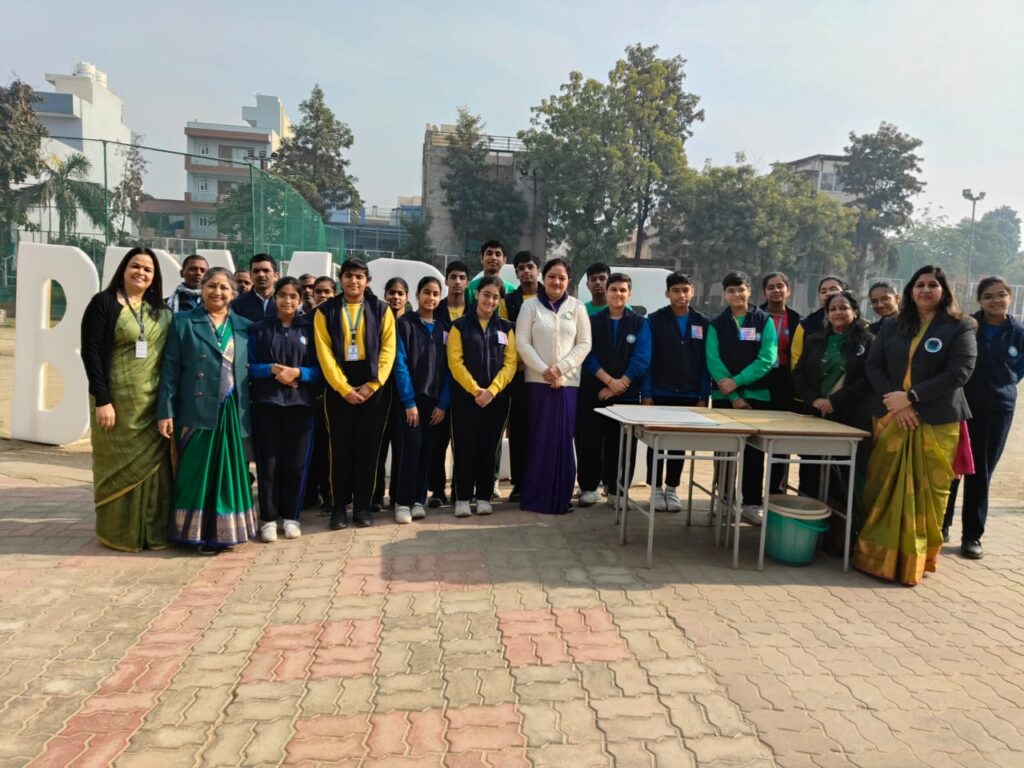In the face of escalating climate change and increasing environmental awareness, five-star hotels are stepping up to play a crucial role in promoting sustainability.

As major consumers of energy, water, and other resources, luxury hotels have a significant impact on the environment. However, they also possess the resources and influence to drive positive change. Here’s a look at how five-star hotels are contributing to climate change mitigation and embracing sustainable practices.
1. Energy Efficiency
One of the most direct ways five-star hotels can reduce their carbon footprint is through energy efficiency. This includes:
- LED Lighting and Smart Controls: Replacing incandescent bulbs with energy-efficient LED lighting and using smart controls to optimize lighting and HVAC (heating, ventilation, and air conditioning) systems.
- Renewable Energy Sources: Investing in renewable energy sources such as solar panels, wind turbines, and geothermal energy to power hotel operations.
- Energy Management Systems: Implementing advanced energy management systems that monitor and optimize energy usage throughout the property.
2. Water Conservation
Water conservation is another critical area where five-star hotels can make a significant impact. Strategies include:
- Low-Flow Fixtures: Installing low-flow faucets, showerheads, and toilets to reduce water consumption.
- Greywater Recycling: Implementing systems to recycle greywater from showers and sinks for use in landscaping and irrigation.
- Water-Efficient Landscaping: Using native and drought-resistant plants in landscaping to reduce the need for irrigation.
3. Waste Reduction
Reducing waste is essential for sustainable hotel operations. Five-star hotels are adopting several waste reduction practices:
- Comprehensive Recycling Programs: Implementing robust recycling programs for paper, plastic, glass, and other materials.
- Food Waste Management: Reducing food waste through better inventory management, composting organic waste, and donating surplus food to local charities.
- Eliminating Single-Use Plastics: Replacing single-use plastic items such as straws, bottles, and toiletries with sustainable alternatives.
4. Sustainable Sourcing
Five-star hotels are increasingly focusing on sustainable sourcing to reduce their environmental impact:
- Local and Organic Food: Sourcing food locally and choosing organic and sustainably farmed products to reduce carbon emissions associated with transportation and support local economies.
- Eco-Friendly Products: Using eco-friendly cleaning products, toiletries, and linens to minimize chemical pollution and promote healthier environments for guests and staff.
- Fair Trade and Ethical Products: Purchasing fair trade and ethically produced goods to ensure fair wages and working conditions for producers.
5. Green Building Practices
Incorporating green building practices into new constructions and renovations is vital for long-term sustainability:
- LEED Certification: Pursuing LEED (Leadership in Energy and Environmental Design) certification for buildings to ensure they meet high environmental and energy efficiency standards.
- Sustainable Materials: Using sustainable building materials such as recycled steel, bamboo, and reclaimed wood.
- Indoor Environmental Quality: Designing buildings to maximize natural light, improve air quality, and provide comfortable and healthy indoor environments.
6. Guest Engagement and Education
Educating and engaging guests in sustainable practices is essential for amplifying the impact of these initiatives:
- Sustainability Programs: Offering programs that encourage guests to participate in sustainable practices, such as reusing towels and linens, and providing information on the hotel’s green initiatives.
- Eco-Friendly Activities: Promoting eco-friendly activities such as nature tours, wildlife conservation programs, and cultural experiences that emphasize sustainability.
- Transparency and Reporting: Communicating the hotel’s sustainability efforts and achievements through transparent reporting and certifications.
7. Corporate Social Responsibility (CSR)
Five-star hotels are increasingly incorporating Corporate Social Responsibility (CSR) into their business models:
- Community Engagement: Supporting local communities through charitable initiatives, local hiring, and partnerships with local businesses and organizations.
- Environmental Stewardship: Participating in environmental conservation projects, such as tree planting, habitat restoration, and supporting protected areas.
- Employee Training: Providing sustainability training for employees to ensure they are knowledgeable and engaged in the hotel’s green practices.
Conclusion
Five-star hotels have a pivotal role to play in combating climate change and promoting sustainable practices. By investing in energy efficiency, water conservation, waste reduction, sustainable sourcing, green building practices, guest engagement, and CSR, these hotels can significantly reduce their environmental impact and set an example for the entire hospitality industry. As guests become increasingly conscious of their ecological footprint, the commitment of luxury hotels to sustainability not only benefits the planet but also enhances their brand reputation and guest loyalty.
![]()

